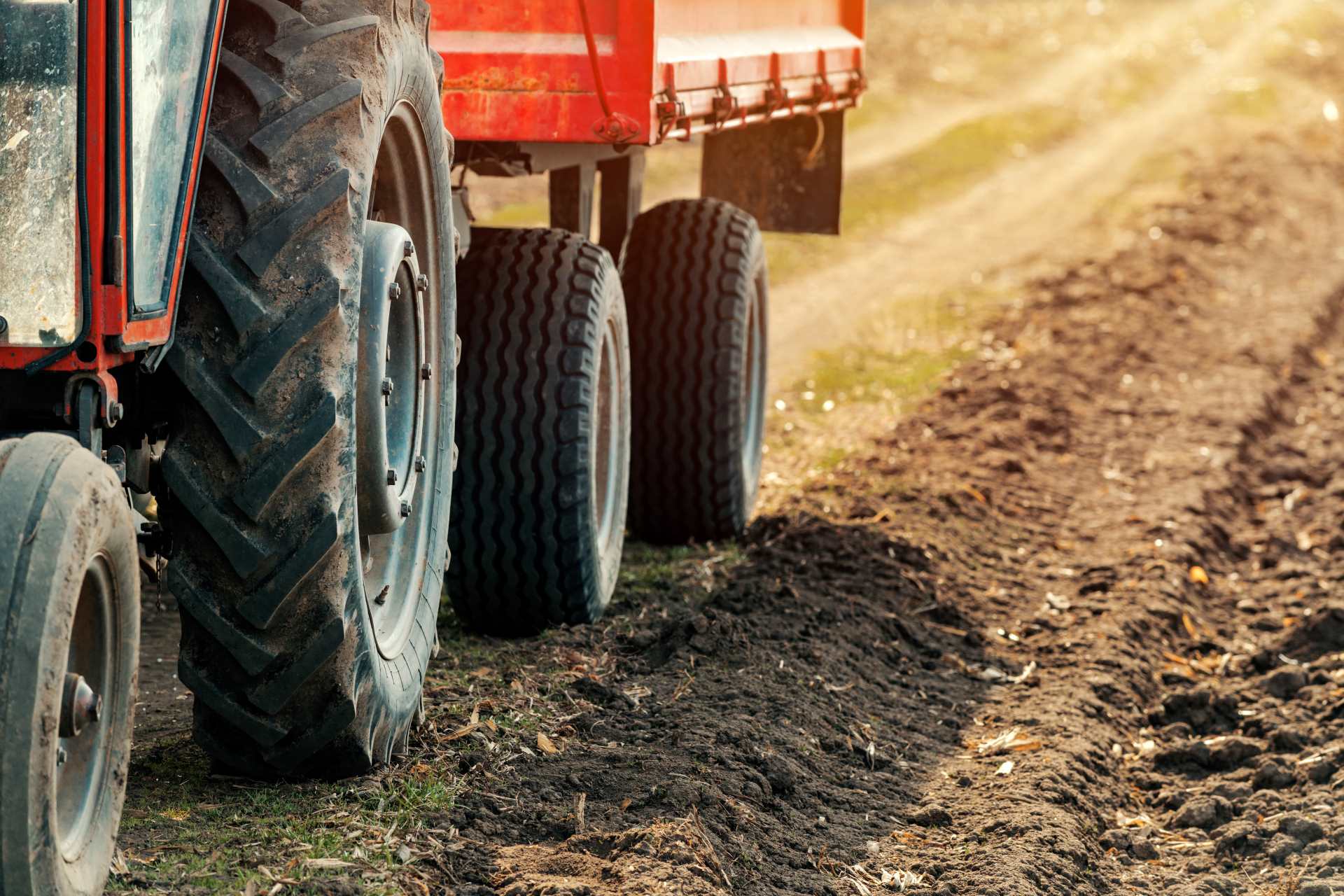How to Choose the Right Agricultural Tires for Your Farm
Choosing the right tires for your farm equipment is essential. The productivity and safety of your farming operations depend heavily on the type and condition of your tires. With various types of agricultural tires available in the market, selecting the ideal ones for your specific needs can be challenging.
Your choice should be based on several factors including soil type, weather conditions, and the type of farming you do. High-quality agricultural tires can make a significant difference in how efficiently you can manage your daily tasks. So, it’s important to understand what to look for and how to maintain them to get the best performance. This guide will help you make informed decisions to maximize tire performance and extend their life.
Understanding Your Farm’s Specific Needs
Before selecting agricultural tires, it’s crucial to consider the specific needs of your farm. Each farm operates differently based on factors like the type of crops grown, the terrain, and daily farming activities. These specifics will influence the type of tires that will perform best on your farm.
For instance, if your farm features muddy or moist soil, you will need tires with deeper treads to provide better traction and reduce slippage. On the other hand, if your farm is located in an area with rocky or hard-packed terrain, more robust tires that can withstand punctures and abrasions will be necessary. Assessing your unique farming conditions will guide you in choosing tires that can handle the specific demands of your environment and tasks.
Key Factors to Consider When Selecting Agricultural Tires
When choosing agricultural tires, several factors should be taken into account to ensure you get the best performance and longevity. One of the most important considerations is the load-bearing capacity of the tires. Agricultural equipment, such as tractors and harvesters, often carries heavy loads. The tires must be capable of supporting these weights without excessive wear.
Another critical factor is the tread pattern. Different tread designs are suitable for different types of soil and farming activities. For wet and muddy conditions, tires with wide and deep lugs will help maintain traction. Conversely, for dry and firm ground, tires with shallower treads may be more effective and reduce soil compaction. Additionally, tire size and ply rating play crucial roles in stability and durability. Bigger tires with higher ply ratings offer better support and can handle rougher terrain efficiently. Lastly, consider the type of tire construction—bias-ply or radial—each offering distinct advantages based on your usage needs.
Different Types of Agricultural Tires and Their Uses
Understanding the various types of agricultural tires and their specific uses is essential for any farmer looking to optimize their equipment’s performance. There are several types of agricultural tires, and each one is designed to meet different operational needs on the farm. These include radial tires, bias-ply tires, flotation tires, and implement tires. Radial tires are known for their durability and better traction, making them ideal for long hours of plowing or other heavy-duty tasks. Their flexible sidewalls help reduce soil compaction, promoting healthier crops.
Bias-ply tires are another option, often used for tasks that require high load-carrying capacities. They have a simpler design and thicker sidewalls, providing extra strength for carrying heavy loads, but they may not offer the same smooth ride as radial tires. Flotation tires are designed to distribute the weight of the equipment more evenly, minimizing soil compaction. These are particularly useful for working on moist or soft fields. Implement tires are used on farm machinery like trailers and harvesters, designed to carry light to moderate loads and offer good stability.
Maintenance Tips for Maximizing Tire Performance and Longevity
Maintaining agricultural tires properly is crucial for getting the most out of them. Start by checking tire pressure regularly. Tires that are either overinflated or underinflated can wear unevenly and may fail prematurely. Aim to check the pressure at least once a week and adjust it as needed based on the manufacturer’s recommendations. Using a quality pressure gauge ensures accurate readings.
Another important maintenance tip is to keep tires clean. Dirt, stones, and debris can get lodged in the treads and cause damage over time. Regularly washing the tires and removing any stuck materials can help extend their life. Inspect the tires for any cuts, punctures, or cracks and address any issues immediately. Rotating tires periodically to ensure even wear is also beneficial.
Proper storage is another key factor in extending tire life. Tires should be stored in a cool, dry place and kept away from direct sunlight and sources of ozone, like electric motors, which can cause the rubber to deteriorate. Using tire covers can provide extra protection against the elements. Following these maintenance practices can help keep your tires in good condition and ensure your farming operations run smoothly.
Conclusion
Maintaining and choosing the right agricultural tires can significantly impact the efficiency and productivity of your farming operations. Understanding your farm’s unique needs and knowing the different types of agricultural tires available can help you make informed decisions. Regular maintenance, proper inflation, and correct storage practices are essential for maximizing the lifespan and performance of your tires.
By following these tips, you can avoid unexpected tire failures, reduce downtime, and save money in the long run. If you need expert advice or high-quality agricultural tires, reach out to OTR Tires. We are here to help you keep your farming equipment in top shape.



